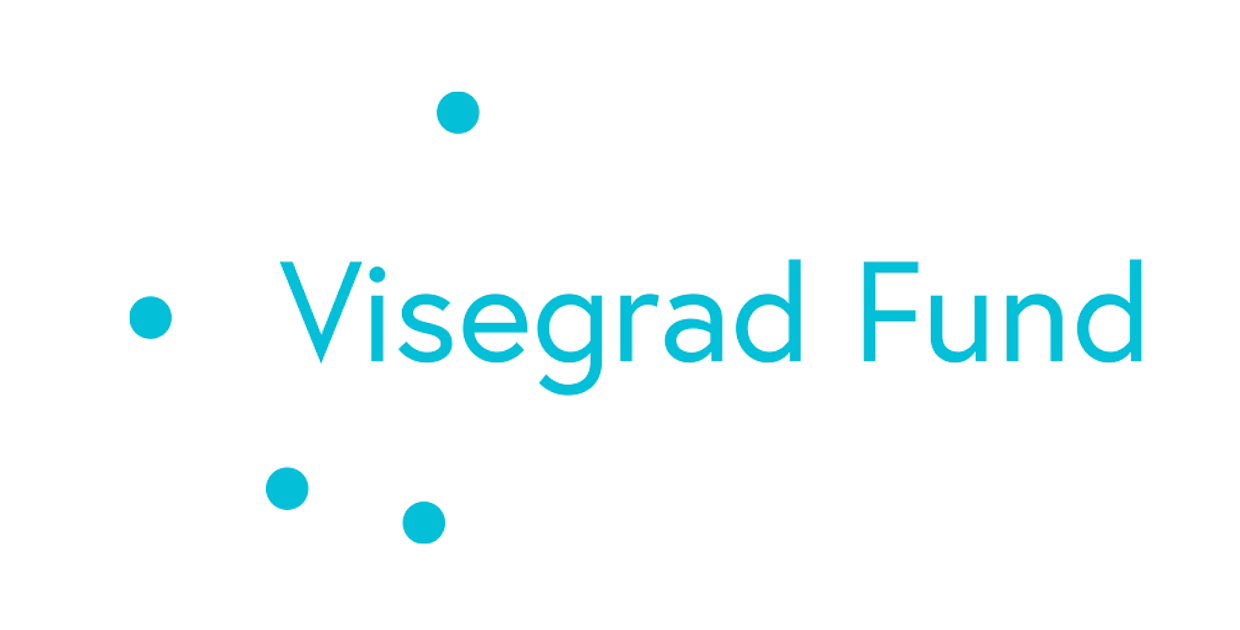Project description
Within the V4 Group, the economic/trade/investment relations are weak, and there are few signs of their strengthening, this fact is especially true for SME cooperation. The V4 is based mainly on political, rather than economic cooperation, and it does not implement its own common economic projects. V4 economies are dependent on foreign investors and foreign-owned banks and controlled by the headquarters of transnational enterprises. In various key institutional dimensions, the cooperation is poor. This applies to coordination mechanisms, primary means of raising investment, corporate governance, industrial relations, education and training system, the transfer of innovations, and comparative advantages. The economic indicators of the V4 economic dependence on foreign investors on ownership in such strategic sectors are developed as automotive, manufacturing, electronics, and banking and not developed in the services sector, in retail, or tourism. So far, in the education programs the learning of V4 economic, social, and cultural dimensions, has not played a prominent role.
Efforts to ensure optimal conditions for bringing Visegrad countries back on the path of economic growth were of crucial importance in the teaching portfolio of partner universities. Involving direct information from the business sector into education is crucial, as during the educational process of the higher educational institutions, students have to acquire the knowledge and skills necessary for the labor market, required by the companies.
The main objective of the project is to develop education on the theme of the small and medium entrepreneurs (SMEs) in Visegrad countries (V4). The expected results are the followings:
strengthening the abilities and competencies of students to launch startup businesses in V4 regions,
stimulate the cross-border entrepreneurship cooperation in the V4 region,
building up new business networks for SMEs, startups,
research institutions within and outside the V4.
In favor of achieving success in this topic, we created a network with participants from all V4 countries.
With help of our partners, the project encourages the stimulation of an entrepreneurial culture through education and training and particularly through, inter alia, greater collaboration between research and industry; takes the view that initiatives in this respect should also focus on the importance of SMEs in enhancing social cohesion, efficiency and environmental protection (eco-innovations); present the action plans on how to promote SME entrepreneurship in V4. The innovative elements in our proposal include: an integrated educational model and investment guidelines for students in partner universities such as potential investors; a business evaluation model; an integrated risk management model; strategic plan formulation template. Stresses the importance of innovation for our project in taking advantage of research opportunities; considers that partner research institutes could play a role in driving innovation and reducing barriers to research for SMEs in V4 countries; believes that the focus should be considered and facilitates the cross-border participation of SMEs. The project is following the principles of multidisciplinary and diversity. The project will be implemented in 4 countries with different cultures and requires knowledge from different sectors. Sustainability principles will also be considered during the implementation of the project in a wider aspect; social, economic, and environmental sustainability too. The project involves higher educational institutions from V4 countries. Their cooperation is unique, as there has not been such a partnership before, focusing on SMEs.
